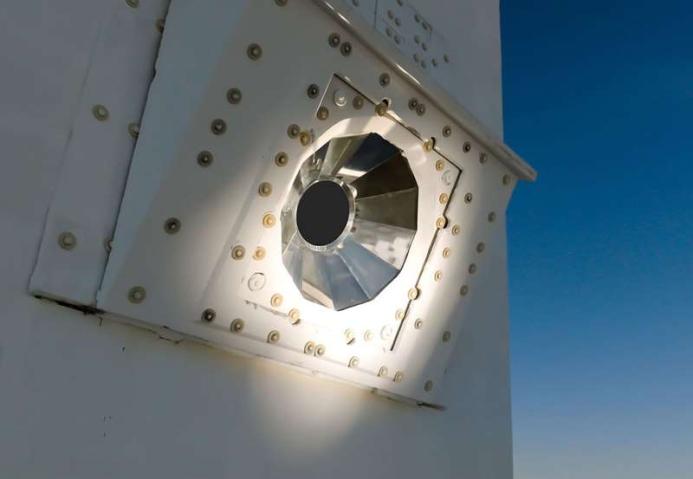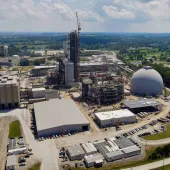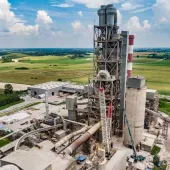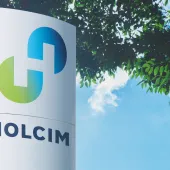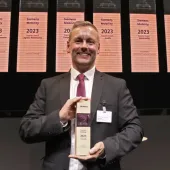US Government funding for Solar MEAD project
CEMEX, Sandia Labs, and Synhelion to scale solar energy technology to produce cement
THE US Department of Energy has awarded US$3.2 million to Solar MEAD, a joint project headed by CEMEX, Sandia National Laboratories, and Synhelion, which aims to decarbonize cement production.
Solar MEAD aims to replace the use of fossil fuels with concentrated solar thermal (CST) energy in clinker production, the key component in cement.
CEMEX and Synhelion have been collaborating to introduce CST in the cement production process, achieving the first successful laboratory-scale demonstrative pilot in 2022 by producing the first-ever solar clinker.
Sandia Laboratories will contribute unique research facilities as part of the National Solar Thermal Test Facility, as well as subject matter expertise to help accelerate the adaptation of the technology to cement manufacturing.
Synhelion’s breakthrough technology delivers high-temperature process heat beyond 1,500 degrees Celsius – sufficient heat to produce clinker without using fossil fuels.
‘Cement produced with solar energy is an exciting technology with tremendous potential to reduce the carbon footprint of cement production,’ said Fernando A. González, chief executive officer of CEMEX. ‘Achieving our net-zero carbon goal by 2050 will require relentless innovation such as this to discover and scale breakthrough technologies.’
‘Few renewable technologies are capable of generating heat at the temperatures needed to process raw cement feedstock,’ said Nathan Schroeder, Sandia researcher and principal investigator for the Solar MEAD project.
‘This project will advance our understanding of how to use concentrating solar technology to gather and deliver the heat to existing cement production facilities and will have cross-cutting relevance to other ore processing industries such as refractory, ceramics, and battery production.’
Gianluca Ambrosetti, chief executive officer and co-founder of Synhelion, added: ‘The project offers us the opportunity to use our sustainable technology to support the decarbonization of energy-intensive cement clinker production. This solution can have a huge impact on the industry and will help to pave the way towards net zero.’
The project will investigate methods to reduce carbon dioxide emissions, lower process temperatures, and increase the efficiency of clinker formation using solar energy. The team will assess the conditions to maximize heat transfer to the raw cement mix.
Successful adoption of this technology in cement manufacturing will not only allow for 100% replacement of fossil fuels but also result in a more efficient and lower-cost carbon capture process compared with current state-of-the-art technologies.
Clinker is produced by fusing limestone, clay, and other materials in a rotary kiln at temperatures nearing 1,500 degrees Celsius. Fossil fuels are typically used to heat the kiln and are responsible for approximately 40% of the direct CO2 emissions of the process. Replacing fossil fuels entirely with solar energy will be a game-changer in the industry’s efforts to achieve carbon neutrality.

